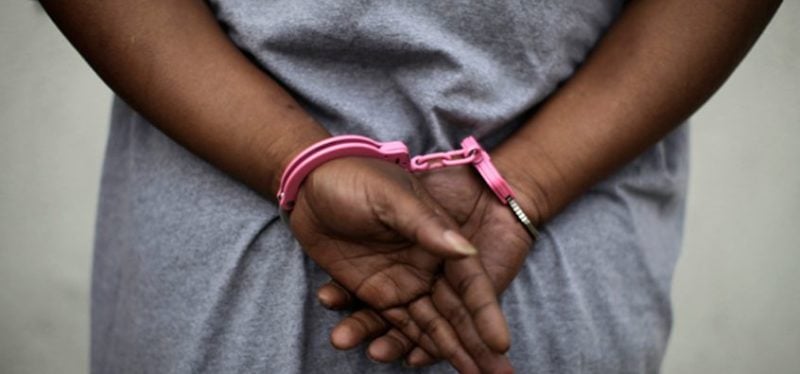This incident involving Mary Tawiah, a 24-year-old woman, and her estranged boyfriend, Kobby Nbelenbele, highlights the devastating intersection of domestic disputes, emotional distress, and child vulnerability. Mary’s alleged attempt to poison her son during a heated confrontation with Kobby underscores the urgent need for comprehensive support systems and interventions for individuals experiencing relationship breakdowns and emotional turmoil. The incident, which unfolded in the bustling old market area of Kasoa, has shocked the community and sparked crucial conversations about mental health, domestic violence, and child protection.
Mary’s alleged actions stemmed from a complex emotional landscape. Having previously cohabitated with Kobby in Teshie, she was reportedly devastated by his decision to abandon her and their child to pursue a new relationship in Kasoa. This sense of betrayal and abandonment, coupled with the stress of single motherhood, appears to have culminated in a desperate and potentially harmful act. The public nature of the confrontation, witnessed by numerous bystanders, further amplified the intensity of the situation, contributing to Mary’s emotional breakdown. The incident serves as a stark reminder that relationship breakdowns can have far-reaching consequences, impacting not only the individuals involved but also their children, who often become unwitting victims of these emotional battles.
The rapid intervention of bystanders played a crucial role in preventing a potential tragedy. Their collective action in restraining Mary and ensuring the child’s safety highlights the importance of community vigilance and the power of collective responsibility in protecting vulnerable individuals. While the legal process unfolds, the community’s response underscores the need for ongoing support and intervention strategies to address the root causes of domestic disputes and prevent similar incidents from occurring. This includes raising awareness about available resources, promoting healthy relationship dynamics, and providing accessible mental health services for individuals struggling with emotional distress.
The alleged attempt to poison her son demonstrates the profound impact of emotional distress on decision-making and highlights the critical need for mental health support. While Mary’s actions cannot be condoned, they should be viewed within the context of her emotional state and the circumstances surrounding the confrontation. The incident underscores the importance of destigmatizing mental health issues and creating accessible pathways for individuals to seek help. This includes providing readily available counseling services, support groups, and mental health education to equip individuals with the tools to navigate difficult emotions and challenging life situations.
The incident has also brought to the forefront the critical issue of child protection in the context of domestic disputes. Children often bear the brunt of parental conflict, experiencing emotional trauma and lasting psychological effects. The prompt action by authorities to place the child in protective care demonstrates the importance of prioritizing the child’s well-being and ensuring their safety. This also emphasizes the need for continued monitoring and support to address any potential long-term emotional impact the incident may have on the child. The involvement of child protection services is crucial in providing the necessary resources and interventions to safeguard the child’s emotional and psychological development.
Moving forward, this incident serves as a clarion call for a multi-faceted approach to addressing domestic violence, mental health challenges, and child protection. This includes strengthening legal frameworks, increasing access to mental health services, promoting community awareness, and empowering individuals with the resources they need to navigate challenging relationships and emotional distress. By fostering a culture of support and understanding, we can create a safer environment for families and prevent similar incidents from occurring in the future. The case of Mary Tawiah and Kobby Nbelenbele should serve as a catalyst for broader societal reflection and action to address the underlying issues that contribute to domestic disputes and protect the most vulnerable members of our communities.













